- Learning time
- 30 minutes
- First play time
- 60 minutes
Tiny Epic Galaxies
Designed by: Scott Almes
Tiny Epic Galaxies is one of a series of Tiny Epic games by the same designer. The name is inspired by the fact a big theme comes in a very small box; but if you’re after an experience that offers strategy, tactics and chance, don’t be deceived by the packaging: Tiny Epic Galaxies offers some depth.
As players your aim is to expand your power, culture, and empire across space. Everyone starts with a home planet card that tracks your culture and power, and two rocket ships with which to go exploring. Several cards are placed centrally that represent planets; these can either be utilized for short-term gains, or taken control of for points. On your turn you have a set of dice to roll, with one re-roll available to you. The dice have symbols rather than numbers, and what you roll dictates what you can do on your turn. Moving your rockets from your home planet to one of the central planets is an option (or indeed, from one central planet to another). Landing on a planet gives you an instant benefit, but doesn’t get you any points. Instead you can choose to enter orbit, and having done so, use other dice to push yourself around the orbital track of the planet – if you’re the first to reach the end of the orbital track, the planet is yours to keep – and represents victory points.
You can also push up your power and culture on your home planet with the dice. The benefit of this is twofold: first, if you have rolled the right dice to do so, you can use either power or culture to upgrade: getting you more dice to roll, more ships, and more points. This is crucial. Secondly, power can be spent on your turn to give you a preroll of any unused dice, and culture can be spent during the other players turns to copy their move! This is a rather nifty mechanism that puts Tiny Epic Galaxies above many roll-dice-to-get-stuff type games.
The first to 21 points triggers the game end, though beware: each player also has a secret mission given to them at the start of the game. If they’ve achieved it they score points, so an apparent winner can be overhauled. It’s a well-designed game for older players with much more depth than first appears.
The guru's verdict
-
Take That!
Take That!
There is some Take That. Players may race to nab planets for themselves and some of the planets benefits are destructive or aggressive.
-
Fidget Factor!
Fidget Factor!
A first play - or possibly the first 2 or 3 plays - may be slower, as the dice and cards combine to give a multitude of options. But once familiar with it TEG races along.
-
Brain Burn!
Brain Burn!
The latter stages of the game especially may bring brief lulls as somebody agonizes over a decision.
-
Again Again!
Again Again!
The dice and the cards bring a (potentially frustrating!) seam of luck, but they also make sure the game is very replayable.

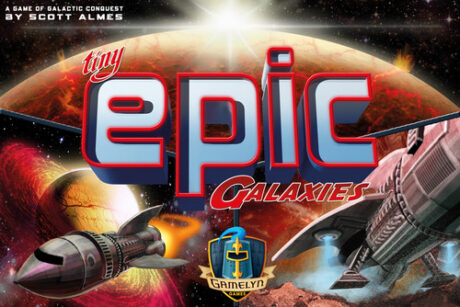
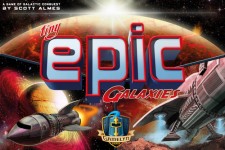
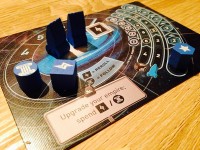
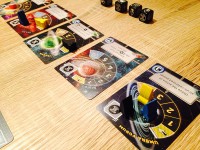
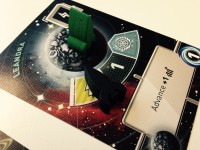
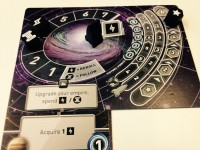


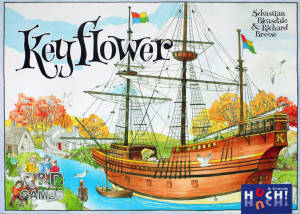
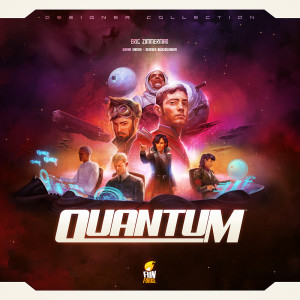
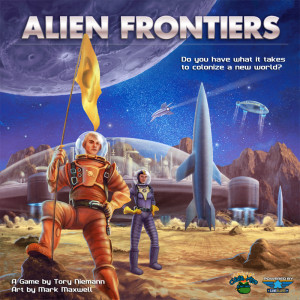
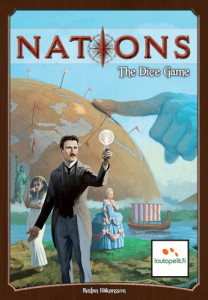
Sam says
My personal and irrational phobia of text-on-cards means I shouldn't really like Tiny Epic Galaxies, but I think it's rather clever and I do like games that get you 'chaining' different actions together. It's just the right side of fiddly for me, and you have to take your hat off to a game that packs so much into a tiny box.